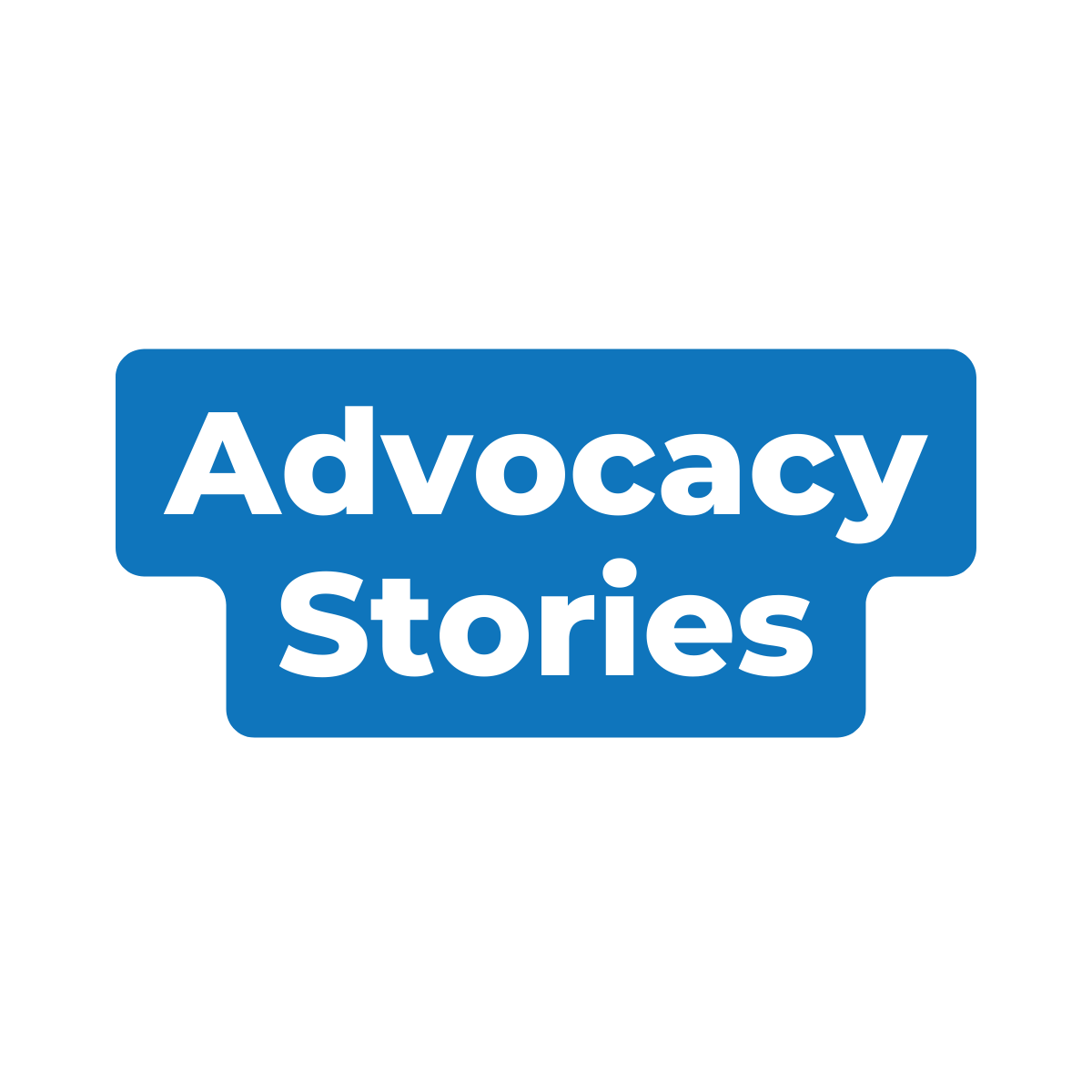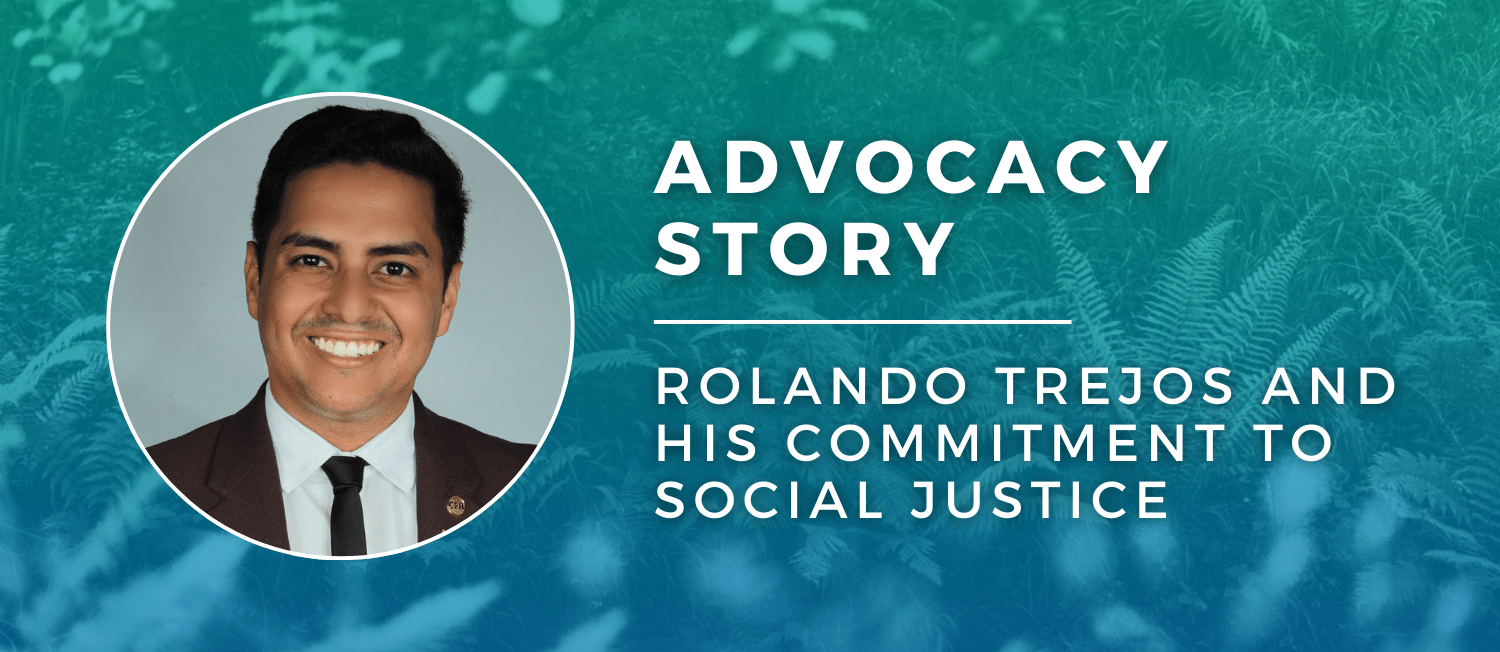Individuals and Community Residents: Take Action
Anyone can advocate as a private individual.
As a private individual, our first Amendment right to “freedom of speech” protects our right to express your beliefs, which includes advocating for public health issues and expressing opinions on a political campaign or issue. Federal and state laws have very limited ability to restrict your free speech rights by regulating the content of what you say; it is much more accepted, however, for laws to regulate the context of speech: when, where, and how people express themselves.
Tip! Know the Rules
- Freedom of Speech: The First Amendment protects your right to express your opinions, including advocating for political causes.
- Hatch Act: This federal law restricts political activity for federal employees and some state employees who receive federal funding.
- State Regulations: Some states have additional laws limiting political activity for state employees.
We can advocate for health, well-being and equity.
Individuals are community residents–people who live, work, or play in a particular community. As community residents we are experts in our communities, and are directly affected by state and local public health policies. Our voices and perspectives are essential for equitable advocacy and informed decision-making.
Community Residents as advocates and leaders in community health
As community residents, we are powerful advocates for health and well-being. Through grassroots organizing and community building, residents mobilize for collective action and advocate for policy changes. Community leadership generates innovative solutions, builds resilience, and advances sustainable improvements.
Restrictions for Government Employees
The Hatch Act restricts government employees at different levels from engaging in political activity while on work property, during work hours, operating work equipment, or wearing work uniforms. The Hatch Act explicitly states that employees may still engage in advocacy outside of work hours.
Take action!
- Vote for health!
- Using their expertise and lived experience to testify in public hearings, write letters to the editor, and meet with policymakers to share their first-hand experiences
- Building a relationship with their state public health association to ensure the policy agenda and advocacy efforts reflect the needs of all community members
- Participating in advocacy events
- Encouraging other community members to get involved in advocacy and join their state public health association
- Connect friends, family, and other community members to essential services and promote healthy habits
Tip for Advocating Safely!
Separate Personal and Professional Activities: Clearly distinguish between your personal and professional capacities when engaging in advocacy.
Avoid Partisan Activity on the Job: Avoid engaging in partisan political activities during work hours, at your workplace, or while using government resources. This includes wearing political apparel, displaying campaign materials, or using government equipment for political purposes.
Safe Social Media Use: Whether you are subject to a state code, the Hatch Act, or both, it is best to follow the social media Hatch Act guidelines below. (Fully funded federal employees have stricter restrictions, see the Hatch Act guidelines):
- Social media accounts such as Facebook, LinkedIn, and Twitter can have your official title on your profile/intro page, but not elsewhere
- Any “liking” or following of political accounts or groups on social media must occur outside of the workplace and outside of work hours
Avoid Using Official Authority: Avoid using your official title or position to influence the outcome of an election.
Act now
- Participate in APHA’s legislative action alerts and urge policymakers to vote for public health.
- Tap into APHA’s resources and Speak for Health.
- Stay up to date on APHA’s events and meetings.
- View the APHA Legislative Update page and stay informed about important federal legislative activity and notable state legislative activity.


